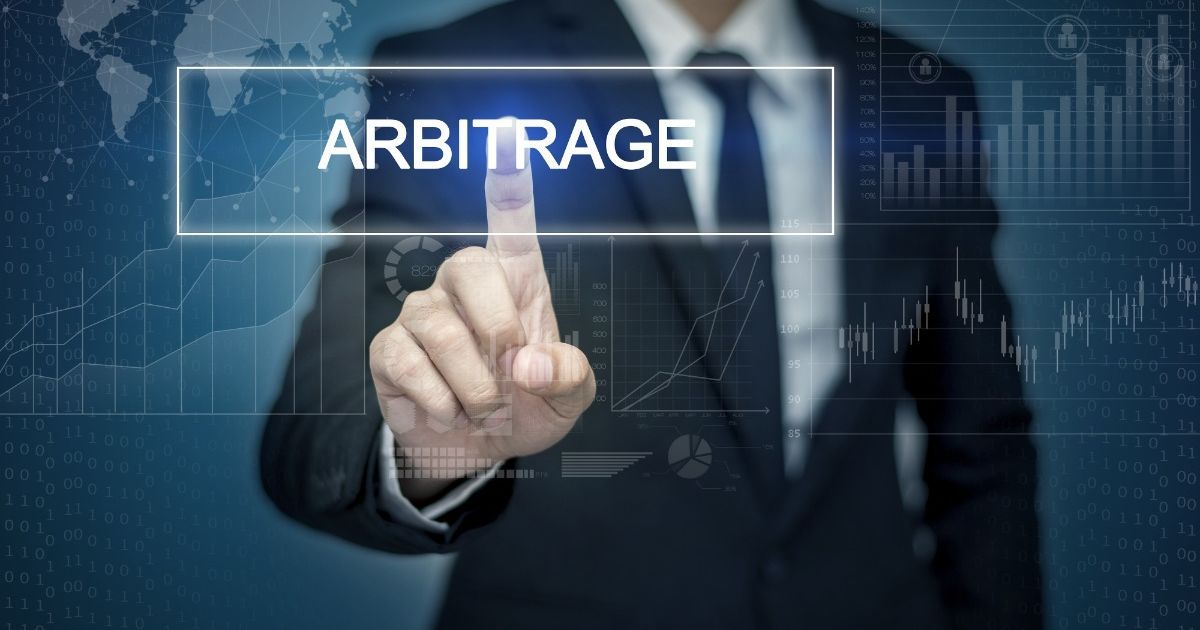⚖️ Regulatory Arbitrage in 2025: How Crypto Companies Play Jurisdiction Hopscotch
-

Q: What is regulatory arbitrage in crypto?
It’s when crypto companies shift operations, registrations, or core infrastructure across borders to take advantage of friendlier legal, tax, or compliance regimes. Instead of fighting regulators in one country, they move where rules are clearer or less restrictive. Why It Matters in 2025
Why It Matters in 2025The U.S. Clampdown: SEC lawsuits against Binance, Coinbase, and Kraken in 2023–24 left deep scars. Many U.S. players now operate offshore entities while restricting U.S. users.
New Safe Havens:
Dubai (VARA): Fast licensing, pro-crypto policies, tax benefits. Binance, OKX, and Bybit have HQ functions there.
Hong Kong: Now a regulated hub for spot BTC/ETH ETFs, with an ambition to dominate Asian crypto finance.
EU (MiCA): The Markets in Crypto-Assets regulation (active in 2024) gave long-term legal clarity, attracting firms tired of U.S. ambiguity.
LatAm & Africa: Brazil, Argentina, Nigeria experimenting with CBDCs + RWA frameworks → fertile ground for exchanges.
 Benefits for Crypto Firms
Benefits for Crypto FirmsRegulatory clarity: Easier to launch new products (ETFs, stablecoins, staking).
Tax efficiency: Some hubs cut corporate or capital gains taxes.
User trust: A license from Dubai VARA or HK’s SFC signals legitimacy.
Talent & capital pools: Pro-crypto hubs attract devs, VCs, and institutions.
 ️ Risks for Users
️ Risks for UsersFragmented rules: A Binance account in Dubai ≠ the same protections as one in France.
Arbitrage = instability: Firms may “hop” again if regulators tighten up, leaving users stranded.
Data sharing: Global adoption of the OECD’s Crypto-Asset Reporting Framework (CARF) means your trading activity in Dubai could still be reported back to your home tax authority.
Exit risk: If a regulator suddenly cracks down, withdrawals may get frozen — even if the exchange isn’t insolvent.
 Example Cases
Example CasesBinance: Once “everywhere and nowhere,” now centralizing in Dubai while maintaining region-specific branches.
Bitget & Bybit: Both moved significant ops to Hong Kong for access to Asian liquidity.
Circle (USDC): Moving treasury & banking functions into EU jurisdictions post-MiCA for stablecoin issuance.
 Takeaway
TakeawayIn 2025, regulatory arbitrage is no longer about escaping rules — it’s about choosing the right rules. Exchanges and projects that align with transparent regimes like Dubai, Hong Kong, and the EU gain legitimacy and growth potential.
 For users, this means two things:
For users, this means two things:Don’t just ask “Is this exchange safe?” — ask “Where is it regulated?”
Arbitrage benefits companies most, not always retail traders.


















